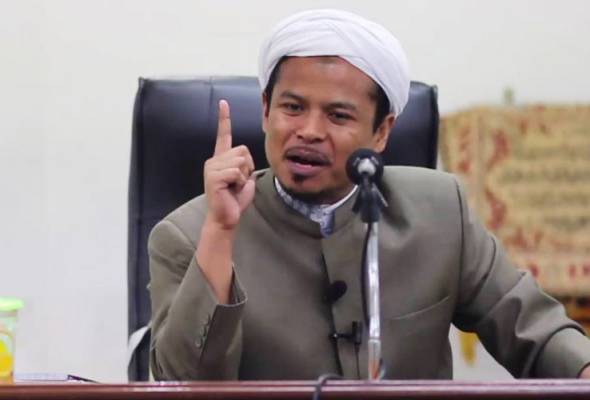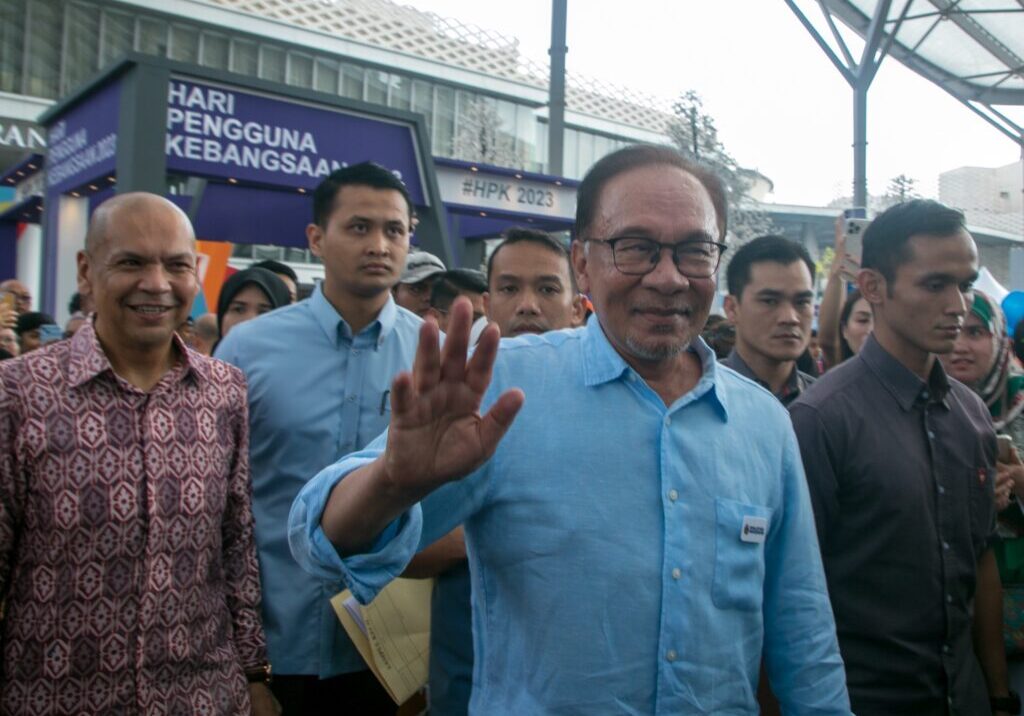Australia/Israel Review
Asia Watch: Theory and practice
Nov 29, 2017 | Michael Shannon

Under Prime Minister Najib Razak, the Malaysian government has long touted the merits of a cohesive and inclusive multi-religious society in the Muslim-majority nation, and continues to declare its commitment to a “moderate and progressive” form of Islam.
“In Malaysia’s experience ensuring a multi-racial, multi-religious and multi-ethnic population have freedoms to practice their cultures, traditions and religious belief has been essential and integral to our nation building and progress,” PM Najib said in March 2017.
But a string of racial and religious incidents has brought concerns of rising Islamic conservatism to prominence, as the government plays on identity issues to widen not only its advantage ahead of the coming election season but also the divide between Muslims and non-Muslims.
The gap between image and reality is now gaining increased international attention.
The United Nations Special Rapporteur for Cultural Rights, Karima Bennoune, visited Malaysia on a fact-finding mission at the invitation of the government in September and found a disparity between the lived reality of the people and the rhetoric of the government when it comes to religious freedoms and fundamentalism.
According to her initial findings, many sectors of society “expressed concern at what they saw… as the growing Islamisation of the Malaysian society and polity, based on an increasingly rigid and fundamentalist interpretation of Islam.”
It’s not hard to find examples that support this finding.
An annual Oktoberfest celebration held in Selangor, an opposition-held state with a large upper-middle class non-Muslim population, was forced to be cancelled hours before the event was set to start, while the “Better Beer Fest”, an annual craft beer showcase held without incident since 2012, was cancelled weeks before it was scheduled to take place.
Political objections raised by leaders of the hardline Pan-Malaysian Islamic Party (PAS) – which claimed it has a “social responsibility” to oppose alcohol festivals and that the events would turn Kuala Lumpur into “the largest vice centre in Asia” – proved decisive.
Days later, a laundromat in Johor issued a statement saying that its services were only for Muslim patrons. The owner deemed that items belonging to non-Muslims would “contaminate” items of clothing worn by Muslims and invalidate their prayer.
Photographs of the laundromat’s sign, which read: “For Muslim customers only. Muslim-friendly. Leave your shoes outside,” soon went viral over social media.
Initially, local religious leaders supported the laundromat owner, while PM Najib remained conspicuously silent as the uproar grew. A preacher and officer with the Department of Islamic Development Malaysia (JAKIM, which operates out of the Prime Minister’s Department), Zamihan Mat Zin, said he was shocked that the issue of a Muslim-only laundromat had been blown out of proportion, reasoning that Malaysia is an “Islamic state” and that being clean was Islamic.
This brought about a right-royal slap-down, literally. Johor’s Sultan Ibrahim Iskandar declared, “This is not the Johor we want,” demanding that the laundromat’s owner end the discriminatory practice. “This is not a Taliban state and as the head of Islam in Johor, I find this action to be totally unacceptable as this is extremist in nature,” said the monarch.
He found support through a rare joint statement by the hereditary titular heads of nine of Malaysia’s 13 states – who even today hold a deep reserve of loyalty from feudal rural Malays – calling for unity and religious harmony after what they described as “excessive actions” in the name of Islam.
The royal dressing down has unsettled the Government and political observers speculate whether Najib will order a shakeup of JAKIM. The controversial department maintains it is the only entity able to safeguard Islam’s position as the religion of the federation, though critics have questioned not only its mandate but its annual budget of RM1 billion (US$239 million). Calls for the accounts to be audited and made transparent have been ignored.
All this occurs in the context of proposed amendments to the law governing the operation of the Shariah Courts (Criminal Jurisdiction) Act that would increase the punishment caps to a maximum 30 years’ imprisonment, RM100,000 (US$22,400) fine and 100 lashes of the cane – far harsher sentences than those currently implemented under the civil system.
Deferred since July following objections from largely non-Muslim parliamentarians and civil society groups, the Bill – proposed by PAS leader Abdul Hadi Awang – is now likely to be debated after the next general election, which must be held by August 2018.
Although PM Najib is yet to embrace the proposal, preferring the zone of ambiguity that avoids further tarnishing the international image of Islamic moderation, he knows that his powerbase requires keeping faith with the sensibilities of conservative Malay groups anxious to assert their religious and ethnic primacy.






